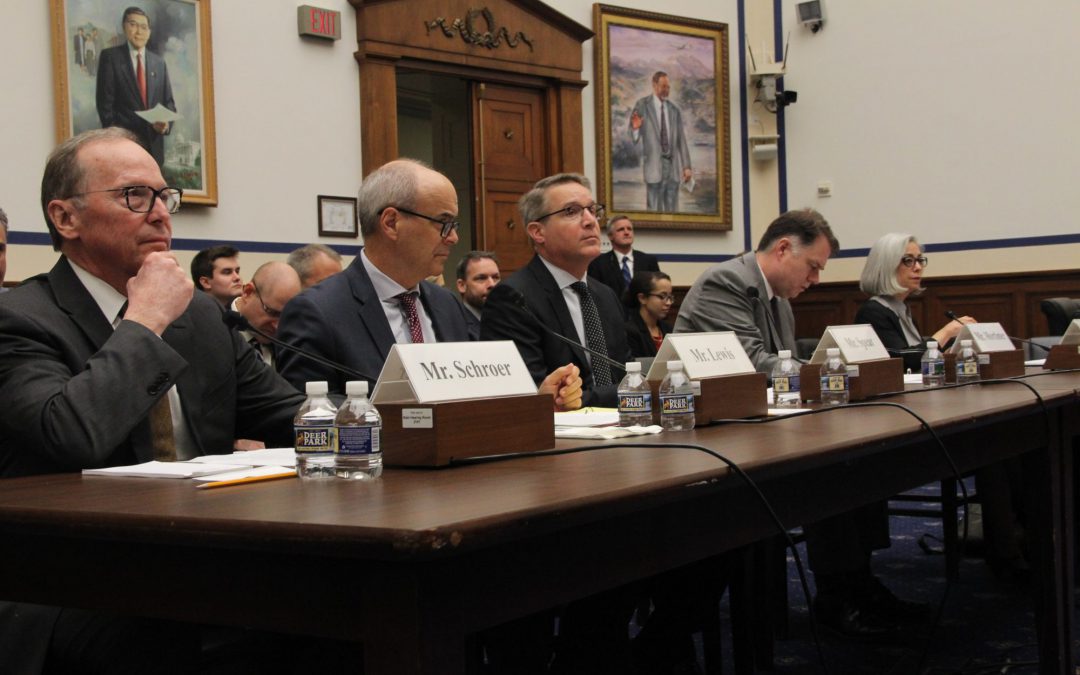WASHINGTON — The Highway Trust Fund, which provides federal funding to highway and transit programs, is expected to run out of money by 2020, but experts disagreed on whether to raise gas taxes or try alternative means to generate more revenue during a House highways subcommittee hearing Wednesday.
The Highway Trust Fund taxes gas and diesel fuel to fund infrastructure projects like maintaining or building new roads. Currently, federal motor fuel taxes are 18.4 cents per gallon for gasoline and 24.4 cents per gallon for diesel.
In June 2017, the Congressional Budget Office projected that the HTF wouldn’t be able to provide the necessary funding for projects by 2020. CBO also estimated that the fund will have a shortfall of $138 billion for needed projects by 2027.. Experts are worried that this problem might get worse with new vehicle fuel economy standards and a rise in new-energy vehicles.
“This is driven by one simple dilemma: The gas tax as we know it is not sustainable,” said Michael Lewis, executive director of the Colorado Department of Transportation.
The new standards require vehicles produced in 2016 have an average fuel economy of 35.5 miles per gallon, increasing to 54.4. miles per gallon by 2025. That means drivers will need less gas for their cars and trucks. And as new alternative fuel vehicles enter the market, such as full electric and natural gas vehicles, they’ll pay little to no tax on gas.
Instead, Lewis said, the government should consider other revenue means, such as road usage charging systems.
“Under a road usage charge, vehicles pay for the miles traveled, which equitably charges for the usage of the system, regardless of fuel type or fuel efficiency,” Lewis said in a prepared statement. He also explained that it would tax both rural and urban drivers more equally because the current gas tax hurts rural drivers who tend to use larger vehicles with high capacity engines.
But some believe hiking the gas tax makes more sense. Chris Spear, president and CEO of the American Trucking Associations, suggested his association’s solution: A 20-cent user fee collected on wholesale purchases of motor fuel, phased in over the next four years (or a five-cent per gallon hike each year.)
“That same motorist currently paying $46.75 to go one way one day on 1-66 would pay just $2 more a week … for all roads and bridges – that’s hardly regressive. It doesn’t mortgage our future or rely on inefficient faking funding schemes like tolls,” Spear said.
He also said that the government should focus on solutions that help states for the next 10 years rather than worrying about new-energy cars that he predicted won’t have a significant impact on highway funding for years to come.
Though federal funding is important to paying for infrastructure projects, states will also need to figure out new ways to raise more money to maintain and build new roads, highways and transit programs. Eighty percent of the $217 billion invested in highway and bridge programs come from state and local governments.


